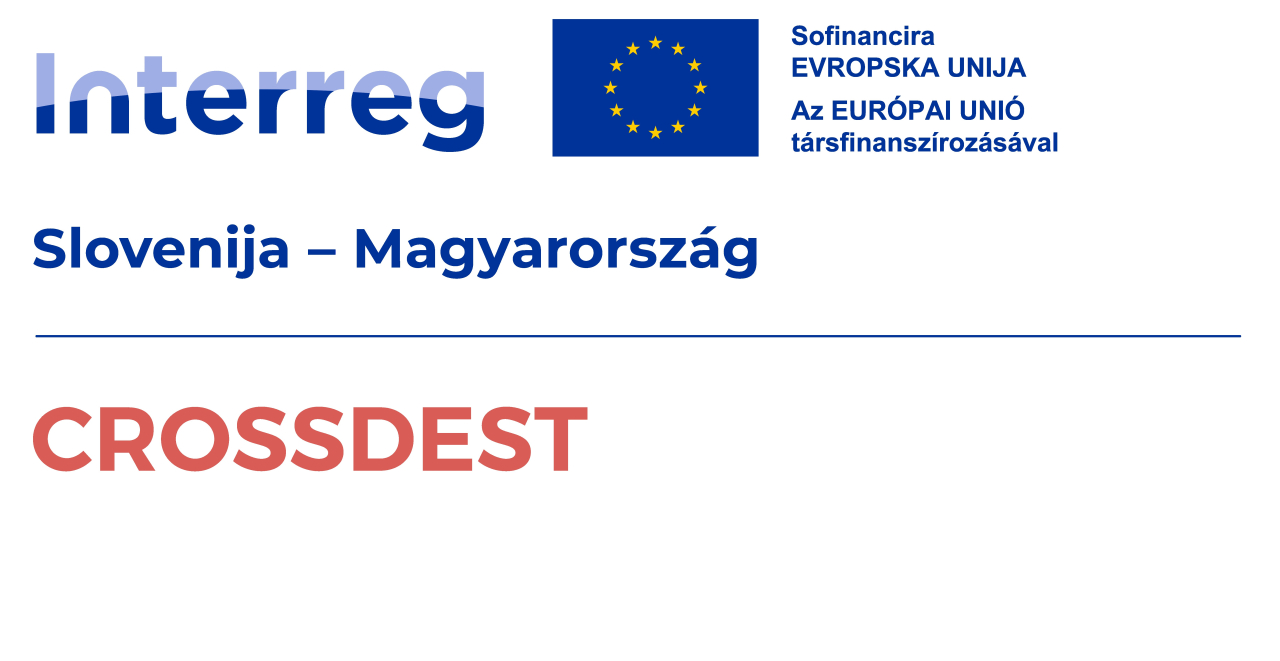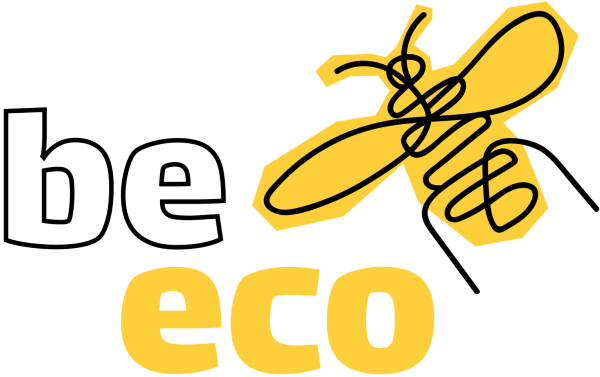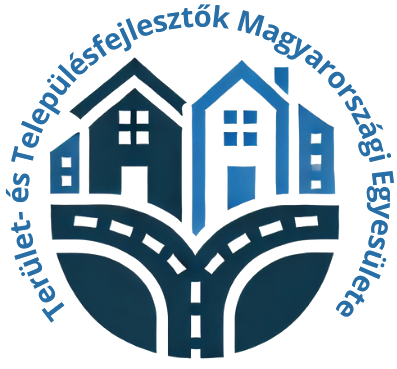-

Photo: nature.sovidek.eu -

Photo: Visit Harghita FB oldal -

Photo: https://eloszekelyfold.ro/
Korond
Korond (in Romanian, Corund) is one of the most renowned Székely villages in Harghita County, located in the heart of the Salt Region, along the road between Praid and Sovata. The village is famous not only for its ethnographic and craft heritage but also for its rich natural treasures – particularly its healing traditions based on salt and mineral water springs. The village is world-famous for Korond pottery, one of the most recognised branches of folk craftsmanship in Transylvania. The glazed, decorated clay pots, plates, vases, and candlesticks painted with traditional motifs by local artisans have preserved the Székely heritage for generations. Along the main road, the houses, workshops, and stalls selling handcrafted goods are a hallmark of the village, attracting tens of thousands of tourists every year. In addition to its craftsmanship, Korond is part of the Praid Salt Region, making it outstanding not only culturally but also in terms of natural values. The area is rich in mineral water springs, marshlands, and protected plant species – among which the Korond Marsh (Lacul Fără Fund) and the Salt Gorge Nature Reserve stand out. Through local eco-trails and educational paths, nature-loving visitors can return home with unforgettable experiences. The commune includes several villages (e.g., Fenyőkút, Pálpataka, Kalonda), each of which holds valuable ethnographic and natural heritage. The majority of the local community is Hungarian-speaking, deeply religious, and follows a lifestyle that cherishes and passes on traditions. Korond is an ideal destination for those who wish to explore the craft heritage, living traditions, and unique natural treasures of Székely Land – all as part of a welcoming, vibrant community. - editorial content -
Getting there
- Walk
- Horseback
- Bike
- Electric bicycle
- Bus (rented for the trip)
- Motorcycle
- Bus (rented for the trip)
- Car
- Electric car
Arrival
- Walk
- Horseback
- Bike
- Electric bicycle
- Bus (rented for the trip)
- Motorcycle
- Car
Sights, programs
Public transport
- bus
Parking information
- Free outdoor parking available
Sustainability level
Topic 1: Destination Management 61%
- Visitor management: 80%
- Commitment and organization: 25%
- Design & development: 50%
- Monitoring and reporting: 50%
- Legal and ethical compliance: 100%
Topic 2: Nature and landscape 70%
- Nature and wildlife protection: 100%
- Nature and conservation: 40%
Topic 3: Environment and climate 43%
- Land use and pollution: 67%
- Water management: 40%
- Energy, sustainable mobility and climate change: 0%
- Adaptation to climate change: 50%
- Waste and recycling: 60%
Topic 4: Culture and traditions 100%
- Cultural heritage: 100%
- People and traditions: 100%
Topic 5: Social Welfare 58%
- Health and safety: 100%
- Local economy: 70%
- Socio-economic impacts: 0%
- Community participation: 50%
- Human dignity: 71%
Topic 6: Business and Communication 61%
- Business participation: 22%
- Information and marketing: 100%










